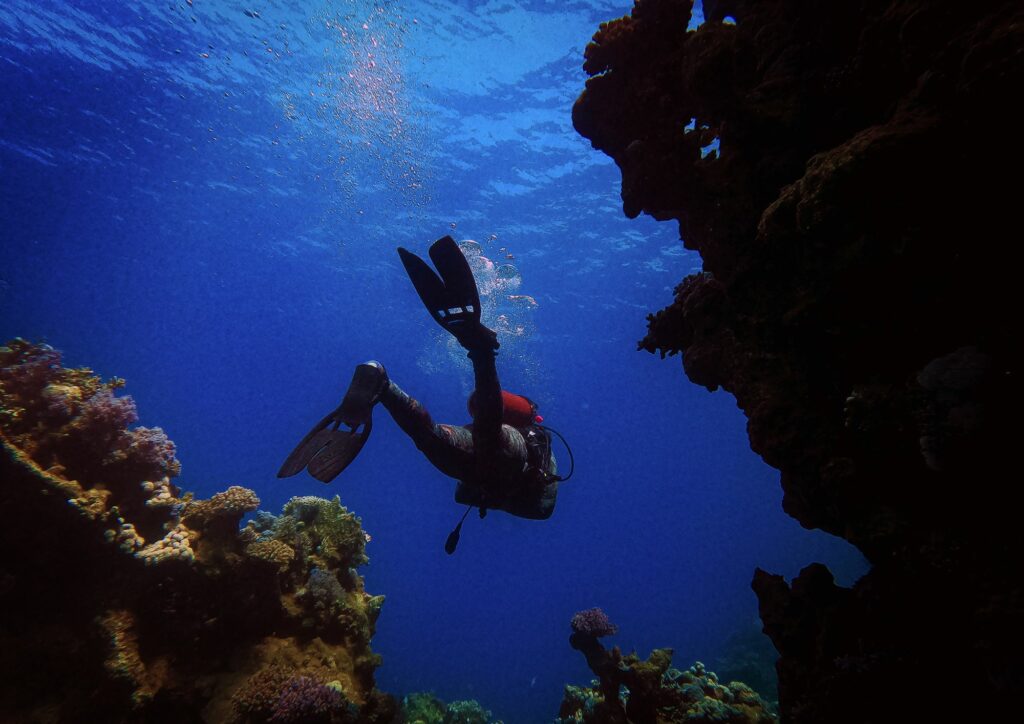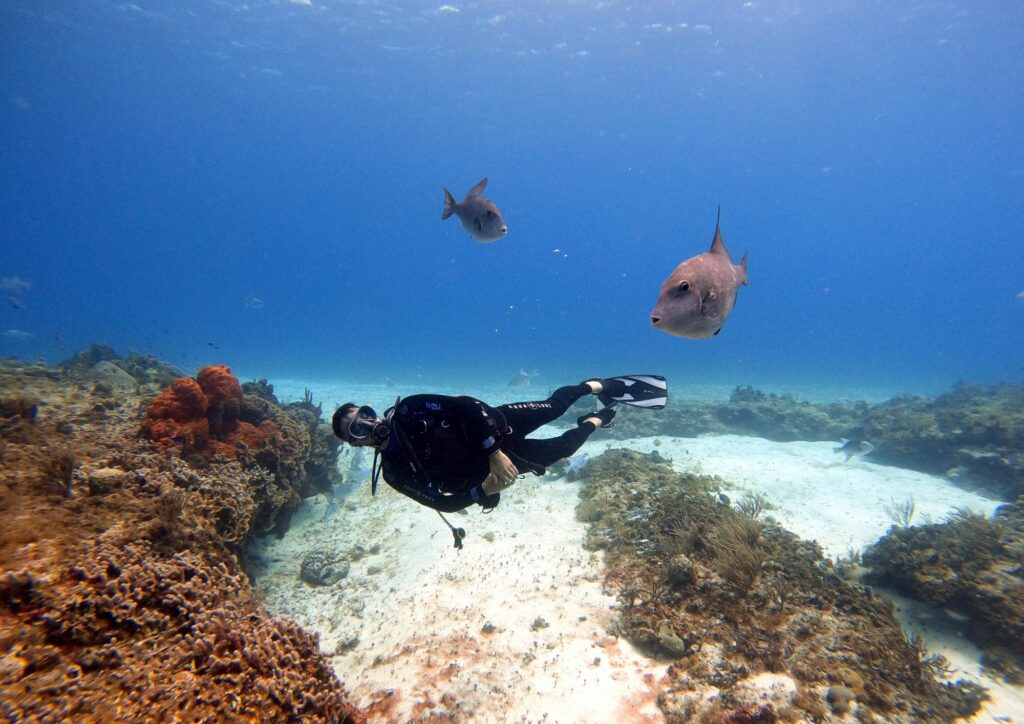In this blog, we’ll share our top safety tips for scuba diving in Bali, helping you make the most of your underwater experience. Imagine yourself surrounded by vibrant coral, schools of colorful fish, and a kaleidoscope of marine life as you descend into the crystal-clear waters of Bali. For many, scuba diving is a thrilling adventure that allows them to connect with nature’s wonders. But before you take the plunge, it’s essential to ensure your safety and the safety of those around you. As a premier diving destination, Bali attracts both beginner divers seeking to explore its depths and expert divers looking for new challenges.
Prepare Yourself: Physical and Mental Readiness
Before embarking on your first diving in Bali, it’s crucial to assess your physical and mental readiness. As a beginner diver, it’s essential to ensure you’re fit enough for the activity. Consult with your doctor if you have any underlying medical conditions or concerns. Additionally, consider taking a scuba diving course to learn the fundamentals of diving safety. Mental preparation is also vital. Take time to relax, visualize your dive, and manage your expectations. A clear mind will help you stay focused on your surroundings and make better decisions underwater.
Dive Within Your Limits
As a beginner diver, it’s easy to get caught up in the excitement of exploring Bali’s waters. However, it’s vital to remember that diving within your limits is crucial for safety. Don’t push yourself beyond what you’re comfortable with, especially if you’re new to scuba diving in Bali. Stick to shallow depths and gradually increase your dive time as you gain experience. For expert divers, it’s essential to respect the ocean’s boundaries and avoid pushing your limits, which can lead to accidents.

Stay Informed: Understanding Local Conditions
Bali’s waters are known for their unpredictable currents and varying weather conditions. Staying informed about local conditions is crucial for a safe diving in Bali. Consult with your diving instructor or local authorities to get updates on sea conditions, marine life, and any potential hazards. Be aware of your surroundings, including underwater obstacles like coral reefs and rock formations.
Stay Connected: Dive Buddies and Safety Checks
Diving in Bali with a buddy is not only more fun but also safer. Ensure you’re diving with someone who has similar experience and training levels as you. Conduct regular safety checks during your dive, including monitoring your air supply, checking your equipment, and communicating with your buddy regularly.
Respect the Ocean: Marine Life and Environmental Awareness
As a responsible diver, it’s essential to respect Bali’s marine life and environment. Avoid touching or standing on coral reefs, which can cause damage and harm to the ecosystem. Don’t feed or touch marine animals, as this can disrupt their natural behavior and even lead to harm. Be mindful of your buoyancy and avoid stirring up sediment, which can cloud the water and affect aquatic life.
Dive into Paradise with Confidence
As you embark on your first scuba diving in Bali, remember that safety is paramount. By following these top tips, you’ll be well-prepared to navigate the underwater world of Bali with confidence. Whether you’re a beginner or an experienced diver, it’s essential to respect the ocean and its inhabitants. At Gill Divers, we’re committed to providing exceptional diving experiences while promoting responsible and sustainable diving practices for Bali diving. Contact us today to learn more about our dive training programs and services.

I’m so excited to try scuba diving in Bali! This blog post has given me the confidence to take the plunge (pun intended). Thanks for sharing these helpful tips, I’ll definitely be putting them into practice.
Wow, Siti Nuraini! We’re thrilled to hear that our blog post has given you the confidence to try scuba diving in Bali! It’s great to know that our safety tips have been helpful to you. Remember, at Gill Divers, we’re committed to providing exceptional diving experiences while promoting responsible and sustainable diving practices for Bali diving. If you have any questions or need further guidance, please don’t hesitate to reach out to us. Tel: +65 6734 9373, Email: [email protected]. We wish you a wonderful diving experience in Bali!.
Wow, I’m impressed! This blog post has given me so much to think about when it comes to safety while scuba diving in Bali. As a beginner diver myself, I found the tips on physical and mental readiness especially helpful.
Hi May Ling Wong, thank you for sharing your thoughts on our blog post about safety tips for scuba diving in Bali. We’re thrilled to hear that the post has been helpful for you as a beginner diver! At Gill Divers, we believe it’s essential to prioritize physical and mental readiness before embarking on any dive. If you have any more questions or concerns, please don’t hesitate to reach out to us. Our experienced instructors are always happy to provide guidance and support. Tel: +65 6734 9373, Email: [email protected]
I completely agree! As an experienced diver, it’s easy to get complacent and forget about safety. But the tips on respecting the ocean and its inhabitants are spot on. We must take care of our underwater world.
Thank you for sharing your experience, Amit! We’re glad to hear that you agree with the importance of respecting the ocean and its inhabitants. At Gill Divers, we’re committed to providing exceptional diving experiences while promoting responsible and sustainable diving practices for Bali diving. If you have any more questions or concerns, please don’t hesitate to reach out to us at Tel: +65 6734 9373 or Email: [[email protected]](mailto:[email protected]). We’re always here to help.